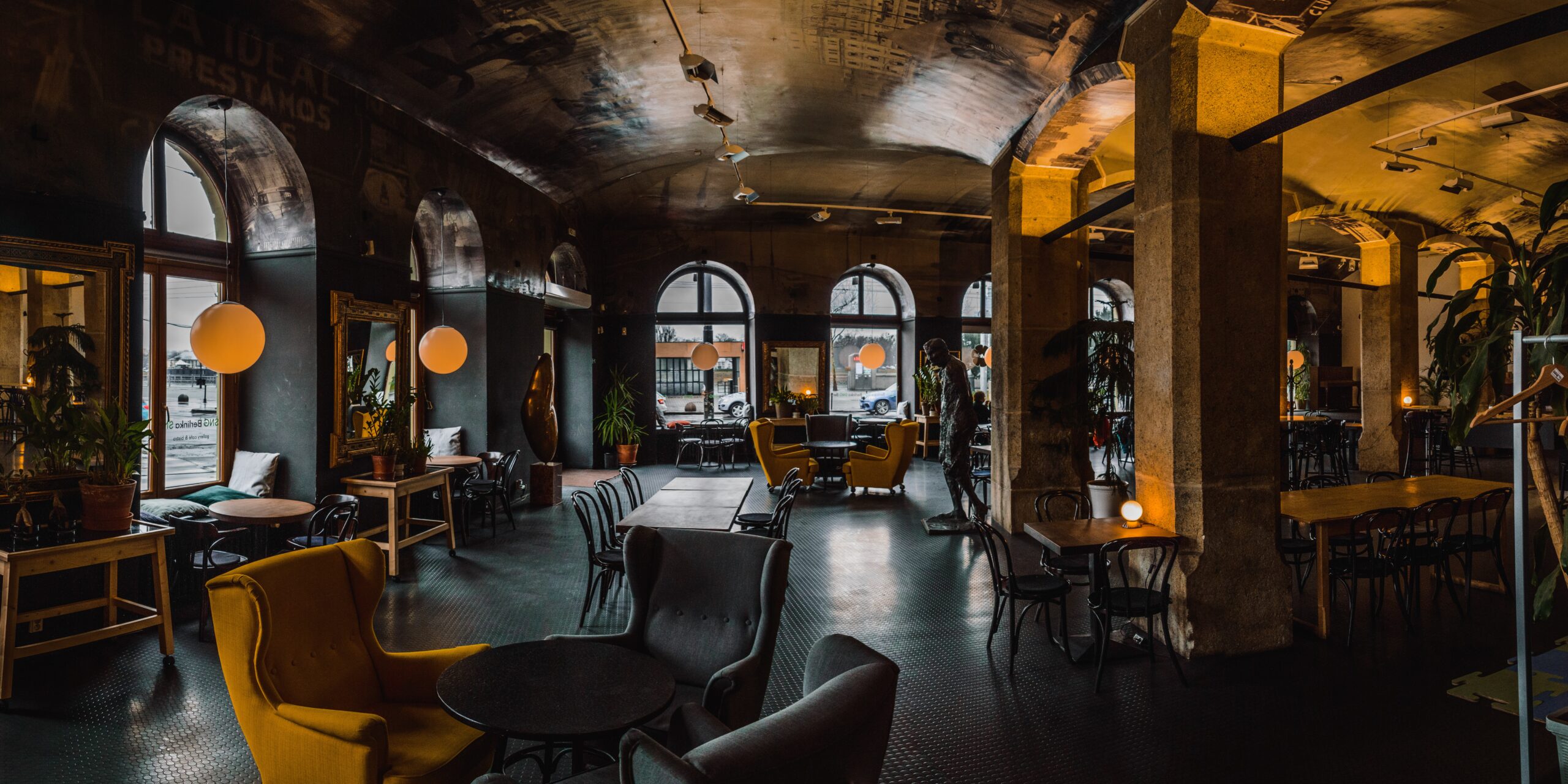Sir Andrew Davis: Remembering a Conductor’s Conductor
We remember Sir Andrew Davis, a true maestro whose life in music touched hearts globally. From the Royal College of Music to the world’s grea...

A steaming cup of coffee, a daily ritual for millions, may seem an odd companion to the image of Ludwig van Beethoven, the passionate composer of iconic symphonies. Yet, his obsession with coffee was as profound as his love for music. In this post, we delve into the intriguing intersection of Beethoven’s music and his relationship with the beloved beverage.
A 1792 shopping list of Ludwig van Beethoven reveals his fondness for coffee early on: “Coffee maker, coat, boots, shoes, pianoforte-writing desk, seal, desk, piano-money.” At just 22 years old, the budding composer was regularly sharing coffee with his master, Joseph Haydn, a leading music star of contemporary Vienna and Europe.
He wasn’t simply an avid drinker of the dark brew but was peculiarly particular about his coffee. He made or had it made from precisely 60 roasted coffee beans, each hand-picked and ground by himself.

This might seem an odd quirk or ritual, but Beethoven claimed that exactly 60 beans produced the ideal effect for a cup of coffee – not one bean more or less. The dosage seems spot-on as this is approximately the number of beans required to prepare a standard espresso shot.
However, one morning jolt wasn’t enough for Beethoven. He was notably impulsive and could hardly sit still. As he aged, his hearing deteriorated, leading to complete deafness by the age of fifty, while his daily coffee intake increased. But each cup was always made from the same meticulous count of 60 beans. Despite his deafness, he wrote many of his iconic works, likely aided by his caffeine-heightened emotions, inner voices, alertness, and memories. Such was his dependence on coffee that his doctor advised him to give up both wine and coffee.
Unbeknownst to Beethoven, the spirit of coffee, caffeine, was identified during his lifetime in 1819 by German chemist Ferdinand Runge, at the request of coffee-loving writer-poet, Johann Wolfgang von Goethe. The cheeky molecule structure was later deciphered by another German, Hermann Emil Louis Fischer, who received the Nobel Prize for it in 1902.
Another heavy coffee addict, Johann Sebastian Bach, even dedicated a musical piece to the beloved beverage. His ‘Coffee Cantata’, written in the 1730s, satirizes the rising conservative outrage around the burgeoning coffeehouse culture of the time. In the story, a father attempts to wean his daughter off coffee, but his threats fall on deaf ears. However, the daughter promises to quit the sinful drink if her father finds her a husband, with one condition: the man must allow her to drink as much coffee as she wants.
We remember Sir Andrew Davis, a true maestro whose life in music touched hearts globally. From the Royal College of Music to the world’s grea...
In the world of classical music, where the past is always present, one name stands out for breathing new life into forgotten melodies. Philippe Jar...
Klaus Mäkelä, a name synonymous with orchestral brilliance, is set to take the baton from Riccardo Muti as the Chicago Symphony Orchestra’s...
In the world of contemporary music, few names resonate as profoundly as that of Eötvös Péter. A maestro whose life was a rich tapestry of melody...